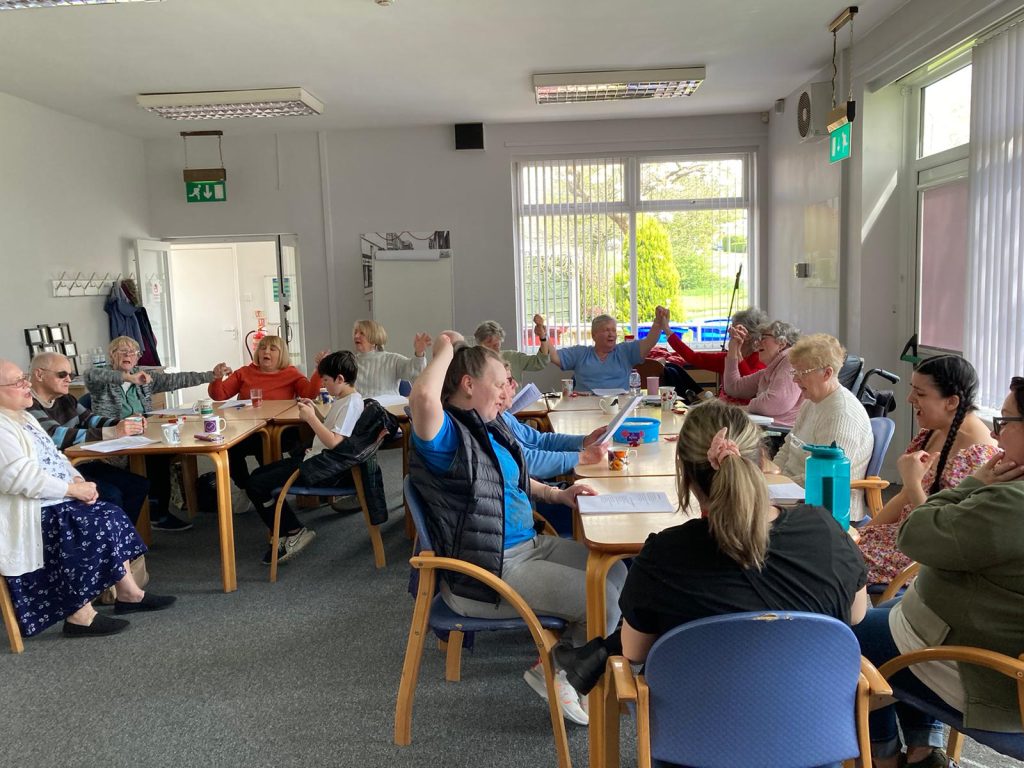
Loneliness is a pervasive issue that affects individuals of all ages and backgrounds. It can have a detrimental impact on a person’s mental and physical well-being, often leading to decreased social interaction and diminished self-esteem. While there is no one-size-fits-all solution to combat loneliness, engaging in activities that foster social connection and self-expression can be a powerful tool for personal growth. One such activity is singing, which not only brings joy and creativity but also has the potential to significantly improve social skills in those who are lonely. In this blog, we will explore how singing can positively impact individuals and enhance their social interactions.
1. Creating a Sense of Belonging:
Singing, whether performed individually or in a group setting, creates a sense of belonging that can be particularly valuable for lonely individuals. Joining a choir or a vocal group provides an opportunity to connect with like-minded people who share a passion for music. This shared interest acts as a common ground, fostering a sense of belonging and acceptance, reducing social isolation, and building friendships.
2. Boosting Self-Confidence:
Loneliness often stems from low self-esteem and a lack of confidence. Singing has the remarkable ability to boost self-confidence by providing a platform for self-expression and personal growth. As individuals learn to harness their vocal abilities, they develop a sense of pride in their accomplishments, which spills over into other areas of life. This newfound confidence translates into improved social skills, as individuals feel more comfortable engaging in conversations and forming new connections.
3. Enhancing Communication Skills:
Singing requires communication on various levels. From understanding the emotions conveyed in a song to synchronizing with fellow singers, it cultivates essential communication skills. Singing also involves active listening, cooperation, and coordination, all of which are crucial elements of effective social interaction. As lonely individuals engage in group singing, they develop a heightened awareness of non-verbal cues, learn to adapt their voice to blend with others, and become more attuned to the dynamics of collaborative efforts. These skills can greatly enhance their ability to connect with others in everyday conversations and social settings.
4. Improving Emotional Well-being:
Loneliness often takes a toll on emotional well-being, leading to increased stress, anxiety, and depression. Singing acts as a powerful emotional outlet, allowing individuals to express their feelings and find solace in music. The act of singing releases endorphins, promoting a sense of happiness and well-being. Moreover, group singing fosters a supportive and nurturing environment where individuals can share their experiences and emotions, further alleviating feelings of loneliness and enhancing their overall emotional health.
Conclusion:
Loneliness can be a complex and challenging experience, but engaging in activities that promote social interaction and self-expression can significantly improve the well-being of those who are lonely. Singing provides a unique opportunity for personal growth, fostering a sense of belonging, boosting self-confidence, enhancing communication skills, and improving emotional well-being. By incorporating singing into their lives, lonely individuals can embark on a transformative journey that brings them closer to others, enriches their social interactions, and helps them find joy and fulfillment. So, let your voice soar, and embrace the power of singing as a catalyst for positive change in your life.
